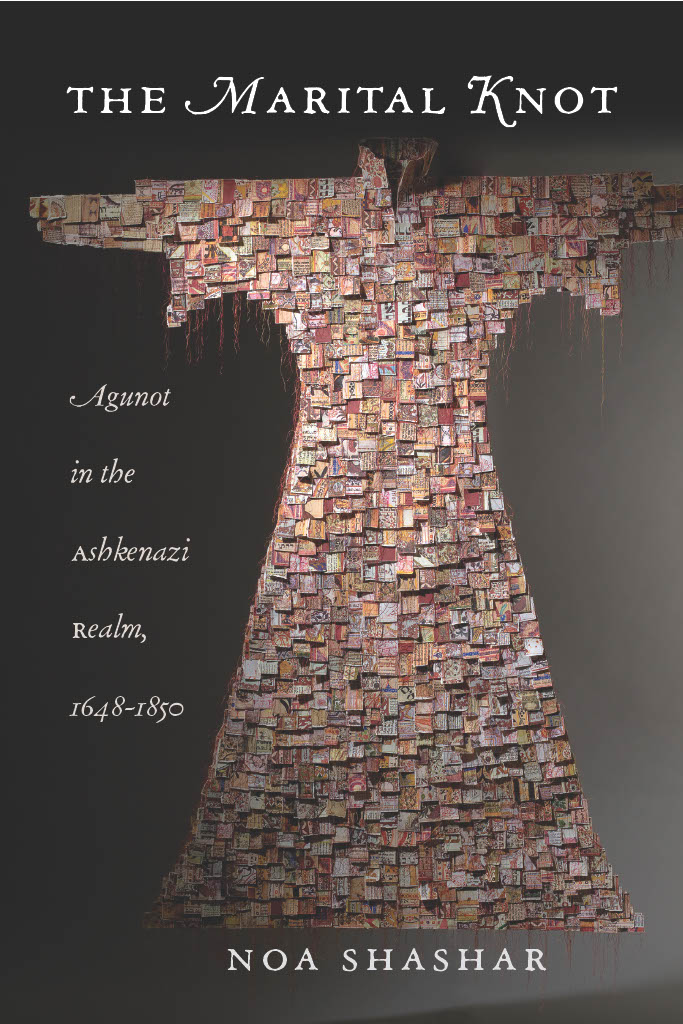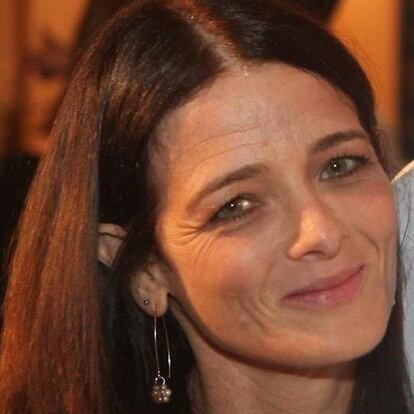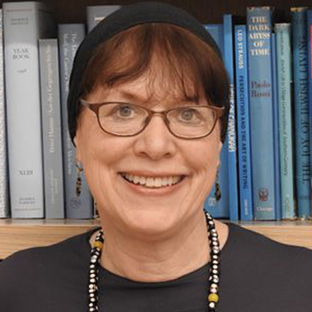Agunot in the Ashkenazi Realm, 1648-1850

|
Book Talk
Admission: Free |
An agunah, literally a “chained woman,” is a woman unable to secure a rabbinic divorce because her husband has disappeared or is unwilling to sign the divorce papers. In The Marital Knot: Agunot in the Ashkenazi Realm, 1648-1850, Noa Shashar sheds light on Jewish family life in the early modern era and on the Jewish legal rulings of rabbis, which determined the fate of these marginalized agunot. How did Jewish society deal with the danger of women becoming agunot? What kind of reality was imposed on women who found themselves as agunot, and what could they do to extricate themselves from their plight? How did rabbinic decisors discharge their task during this period, and what were the outcomes given that the agunot were dependent on the male rabbinic establishment? Shashar reexamines the halakhic activity concerning agunot in the early modern period and proposes a new assessment of the attitude that decisors displayed toward the freeing of these women. This study also fills a void in the scholarship on agunot by describing the lives of these women and of the men who brought this about.
Join YIVO for a discussion with Shashar about this book, led by historian Elisheva Carlebach.
This program is supported, in part, by public funds from the New York City Department of Cultural Affairs, in partnership with the City Council.

About the Speakers

Noa Shashar earned her M.A. and Ph.D. in Jewish History from the Hebrew University of Jerusalem and an M.A. in Jewish and Gender Studies from the Jewish Theological Seminary (Jerusalem Branch - Schechter Institute). Shashar is a lecturer at the Sapir Academic College. She is the author of Vanished Men: Agunot in the Ashkenazi Realm 1648-1850 (Hebrew, 2020), Not on Bread Alone: The Krell Murachovski Family Histories (2015), Mazkeret Rishonim: A History of the Levin and Miller Families from Mazkeret Batya & Rishon Lezion (2013), and Bein Olamot (between worlds): The Story of the Mathias and Irma Fischer Family (2003).

Elisheva Carlebach is the Salo Wittmayer Baron Professor of Jewish History, Culture, and Society, at Columbia University. She specializes in the cultural, intellectual, and religious history of the Jews in Early Modern Europe. Areas of particular interest include the intersection of Jewish and Christian culture and its effect on notions of tolerance, religious dissent, conversion, messianism, and communal governance. Her books include The Pursuit of Heresy (1990), awarded the National Jewish Book Award, Divided Souls: Converts from Judaism in Early Modern Germany (2000), and Palaces of Time: Jewish Calendar and Culture in Early Modern Europe (2011), winner of the Association for Jewish Studies Schnitzer Prize.




